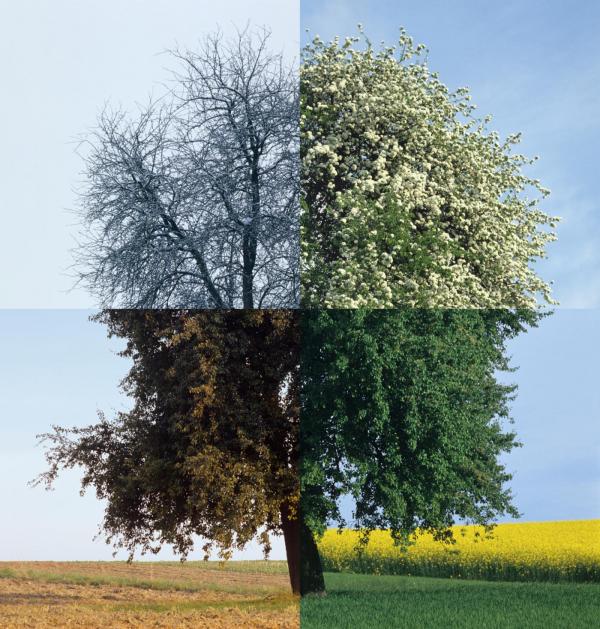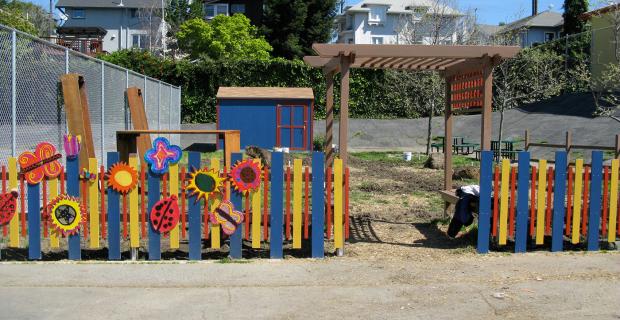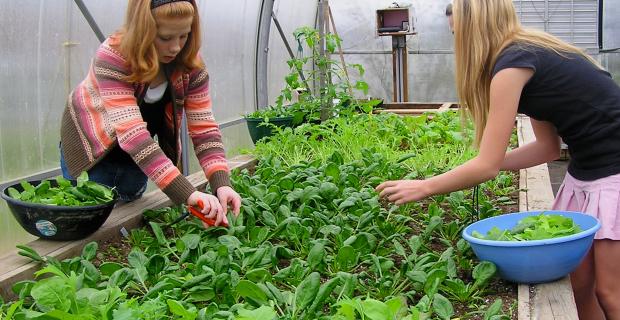Why Students Should Know Their Place

Places known deeply are deeply loved — and well-loved places are more likely to be protected and cared for by future generations.
Place-based learning is a powerful strategy for schooling for sustainability. It makes learning active, tangible, and relevant. It promotes interdisciplinary thinking, an understanding of relationships, and civic responsibility — all vital skills for sustainability. By focusing on their local environment, students see ways they can positively impact the world.
Schools in a number of regions have organized courses that combine study of their locale's natural and human history, its literature, and the interdependence of practices such as agriculture, commerce, and environmental preservation.
Students also come to know their natural places through habitat preservation and restoration projects, and their human communities through civic engagement. They understand their communities better when they see them through the eyes of the people who live and work there, and who will often remain there when the students move on in their lives. They learn about their resources as well as their problems. They understand better how community decision-making works and they practice the skills needed for effective citizenship when they seek to create change.



